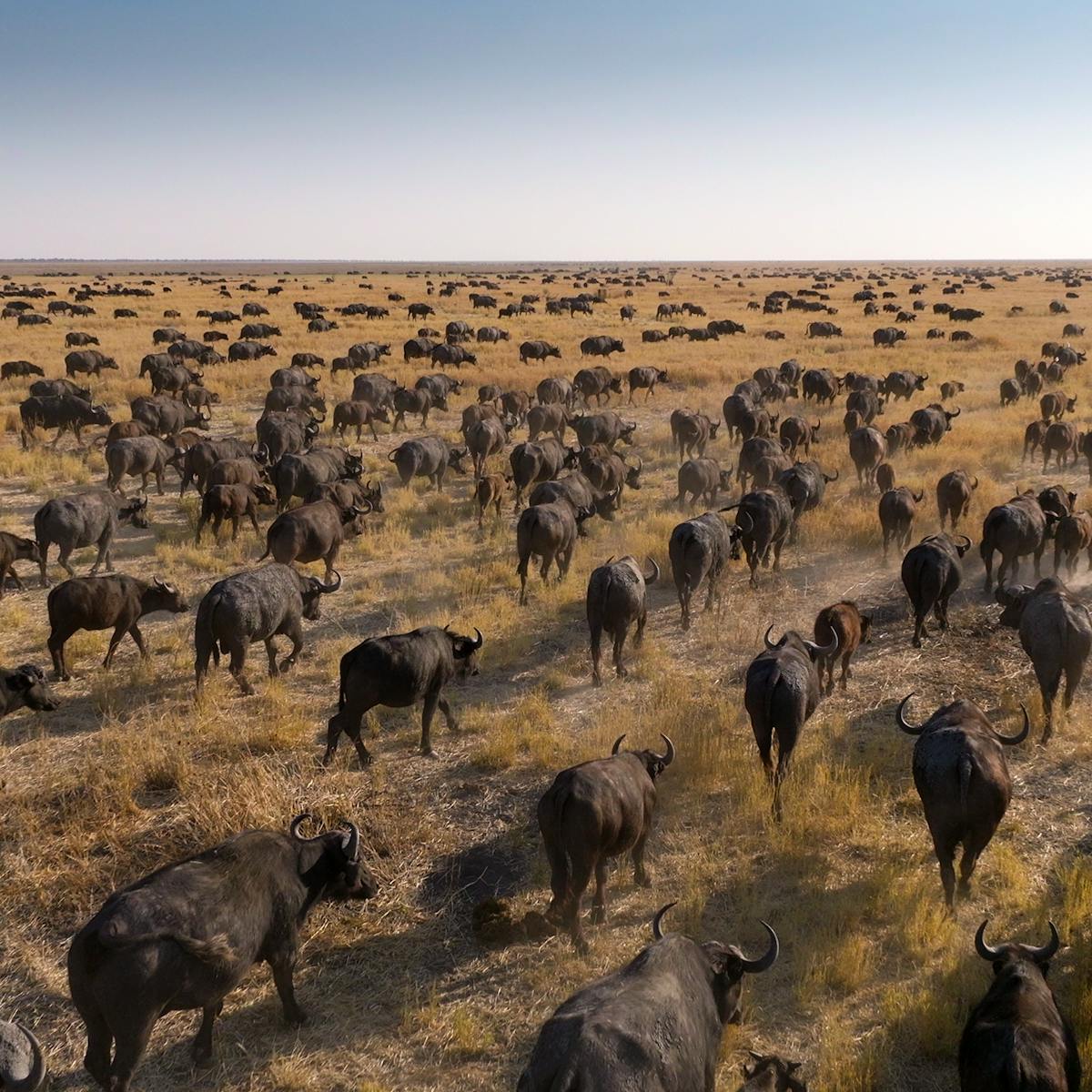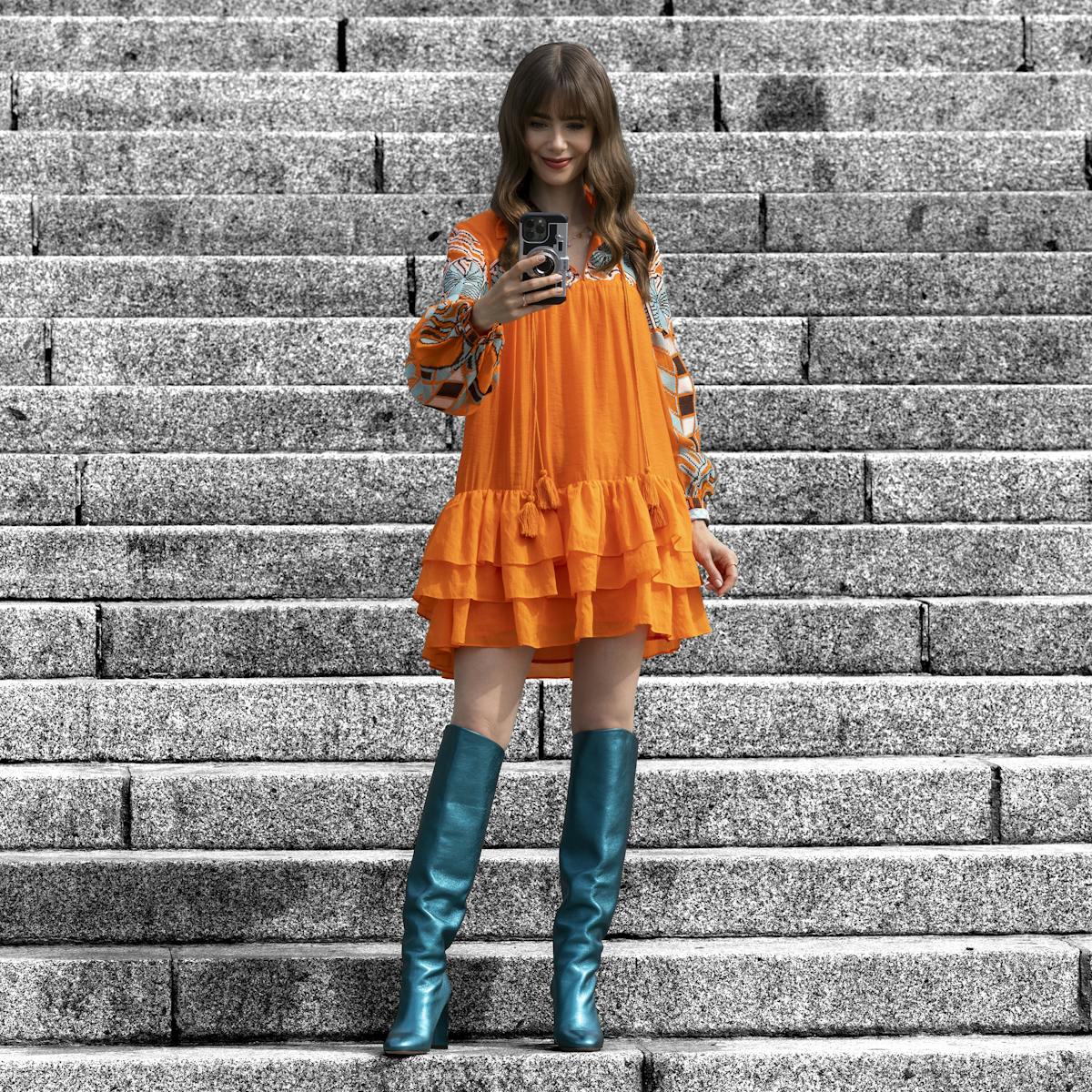It’s virtually impossible to choose a favorite Gabrielle Union performance. After all, this is a woman who has amassed close to 90 acting credits over the years, starting well before her breakout turn as Isis in Bring It On put her on everyone’s radar. From Bad Boys II to The Perfect Holiday, Think Like a Man, and the long-running TV series Being Mary Jane, the actor has brought her luminous, captivating spirit to every role she’s undertaken.
Yet Union’s credentials stretch far beyond acting these days. A New York Times best-selling author and successful entrepreneur, Union also runs her own production company, I’ll Have Another, through which she produced the romantic comedy The Perfect Find, which premiered at the Tribeca Film Festival this year. Adapted from Tia Williams’s novel, the film stars Union as Jenna Jones, a woman who, after experiencing personal upheaval, unexpectedly strikes up a May-December romance with a much younger co-worker — who also happens to be her boss’s son (Keith Powers).
Union spoke with Queue about encountering The Perfect Find, the struggles she faced early in her career, and how at 50, there is nothing to do but lead with truth, honesty, and, certainly, a good dose of humor.
An edited version of the conversation follows.

Gabrielle Union
Krista Smith: I’ve always admired your energy and your intelligence. You’ve always been able to claim your power wherever you are, but now it’s all singing. With The Perfect Find, this is a female protagonist who, at the start of the film, has had a few setbacks. We don’t really know what happened, but we know it’s bad. Why did you want to play Jenna?
Gabrielle Union: I loved how honestly Tia [Williams] described what it is to be a woman of a certain age who experiences a setback, not of her own doing, and how she has to pick herself up and pivot. I especially loved how messy and perhaps controversial the book’s ending is. It really sprang from just loving books that center women over 40.
This is directed by Numa Perrier, an exciting young filmmaker whose first film, Jezebel, is incredible. How did you find the experience of working with this young woman of color behind the camera?
GU: One of my many jobs is being a producer and always wanting to make sure that I am clocking new talent. I had loved Jezebel, and when we were putting together our director list for who could potentially come in and kill this for us, I threw her name in and everyone was like, “Yeah.” From day one, she put her stamp on the genre, really. I’ve done a few rom-coms in my day, and they can be formulaic at times. She rejected that notion and inserted some of her passions, like being a Black cinephile. She put it all in there, and it just gave it a different sauce.
What’s the most rewarding moment for you when you’re going to act and you’re also producing? Where does the satisfaction come from?
GU: Keeping my ear to the street. I need to know how the crew feels. You have to make sure that you are creating a great environment for everyone. Always having my ear to the ground and learning what is really happening from the third person on the call sheet on down. That is what keeps the train on the tracks on productions, and that is what I’m great at. There’s nothing better than hearing a challenge that is posed and coming up with a reasonable, efficient solution that allows for joy and for even more creativity because people feel taken care of.

Gabrielle Union
Before our conversation, I did a deep dive on your career, and I loved reminding myself of who Gabrielle Union is. You talked about wanting to be chosen, which I thought was so fascinating. You’re modeling, you’re going on commercial auditions. When did you finally feel chosen?
GU: It’s beyond just being chosen for a role. I wanted to be thought of as cute . . . there was a job where they were like, “Yeah, you didn’t get it because she’s just prettier than you,” and it robbed me of my confidence, my joy. I felt like I was exposed as hideous, and what do you do with that? Even though I was on covers of magazines, I still wanted someone’s eyes on me, saying, “You got this because you are amazing and beautiful.” Then someone suggested I talk to a therapist because maybe there are some daddy issues [at play].
The more I started unraveling, [the more I realized], here I am for all these years, projecting that soul wound from my childhood onto every casting director, producer, writer. [I realized that] maybe I needed to get right with my father as an adult, and we just started having conversations. I was like, “Why did you never tell me I was pretty?” And he was like, “Pretty doesn’t pay the bills. You’re Black. I’m Black. Your mama’s Black. Your grandparents are Black. We didn’t come from shit. I came from the projects. Being pretty never helped any one of us, so I thought I was encouraging you to be a great athlete, to be a great student, to be a great person.” And I was like, “Damn.”
How do you come back from that?
GU: The more I got into breaking ancestral trauma bonds, the more I very recently have just been like, I don’t think it’s possible to truly love yourself when you’re addicted to being chosen. The more I’ve leaned into self-love and self-realization, I can’t be invested in your opinion of me or anyone’s opinion of me. My truth just is — and it’s none of my business how anyone else reacts or responds to my truth — [that new perspective] has freed me from the constant need to be validated by a man, a job, an opportunity, a cover. I’m good in every hood being exactly who the hell I am, and at some point, that’s enough.




